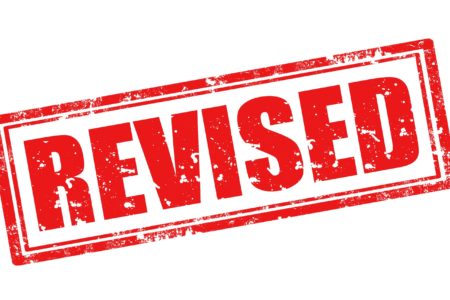The tax reporting shake-up affects self-employed individuals, partners, trusts and estates with trading income and involves aligning your basis period with the fiscal year, so profits are taxed within a fiscal tax year, regardless of the accounting period.
Recognising that the change could have serious cash flow implications for some businesses, the government allowed a 2023/24 transition year for the new rules, and this came to an end on 5 April 2024.
Businesses that don’t have a 31 March or 5 April year-end will need to add additional months to get a long period to 5 April 2024 and will potentially face tax on up to 23 months’ profit in the taxable period to that date, which will all fall into the 2023/24 tax year.
Get to grips with the new basis period rules
If they haven’t already, businesses need to get to grips with the new basis period rules as a matter of urgency. This might include doing cash flow projections, and weighing up increased tax payments and when they will need to be paid.
Shipleys is already working with some clients to help them manage the new basis period by running computations of their tax liability. If you’re affected by these changes, get in touch with our team of specialists shown on this page, as they can help you plan ahead and minimise any potential cash flow difficulties that you might have to cope with.
This article about the basis period changes, which we wrote last year, provides much more detail, including an example of how the new rules will work.
In addition, the government’s gov.uk guidance – get help with basis period reform offers a range of information and online tools. This includes webinars and also videos like this one from HMRC Get help with basis period reform (moving to the new tax year basis)
Specific advice should be obtained before taking action, or refraining from taking action, in relation to this summary. If you would like advice or further information, please speak to your usual Shipleys contact.
Copyright © Shipleys LLP 2024




















